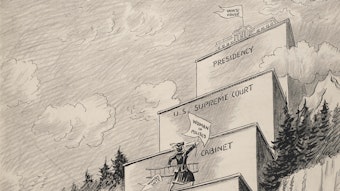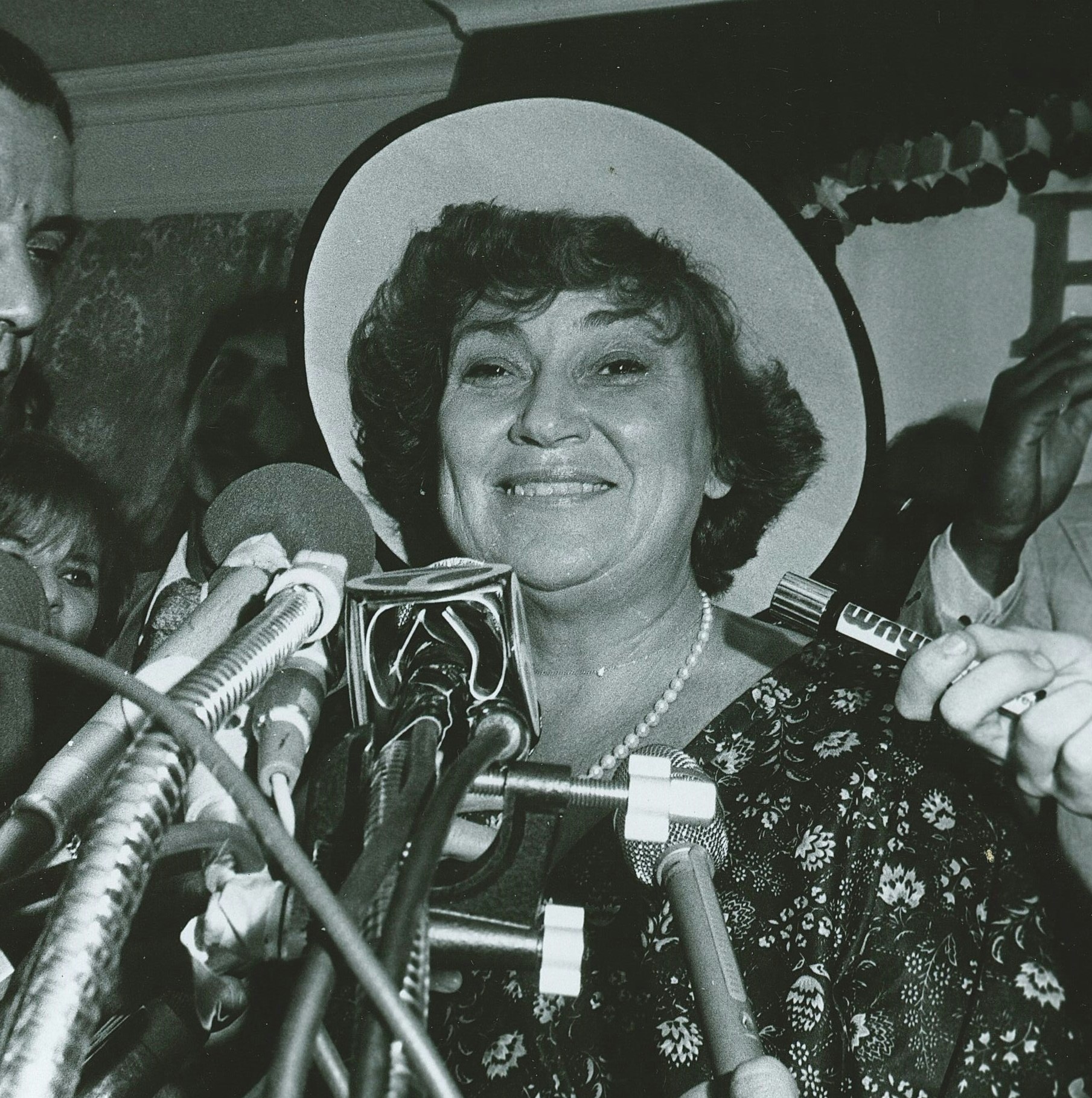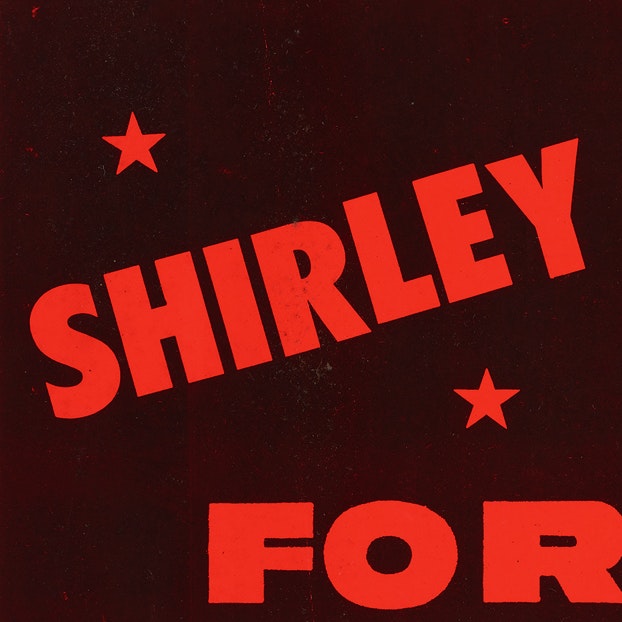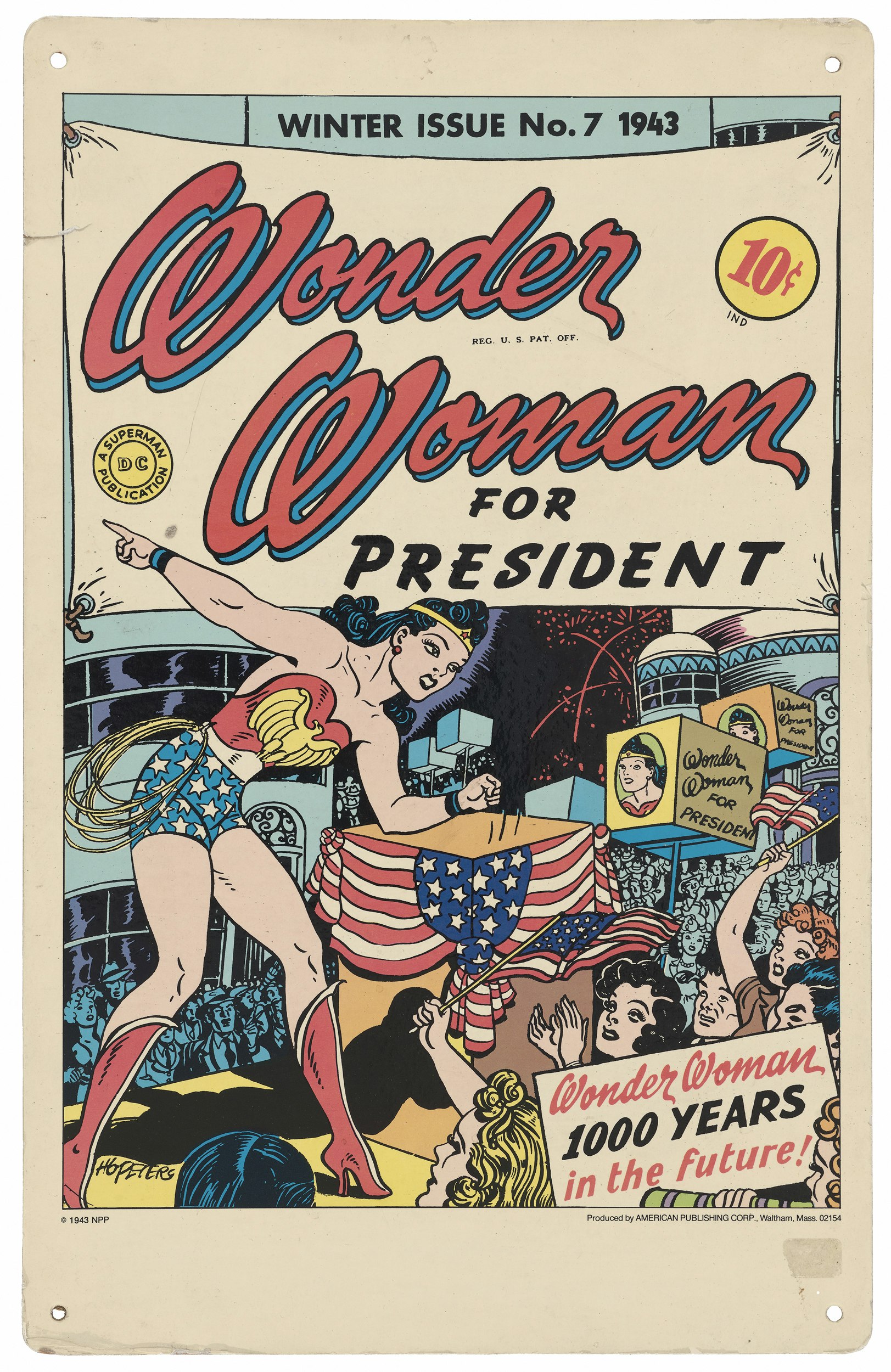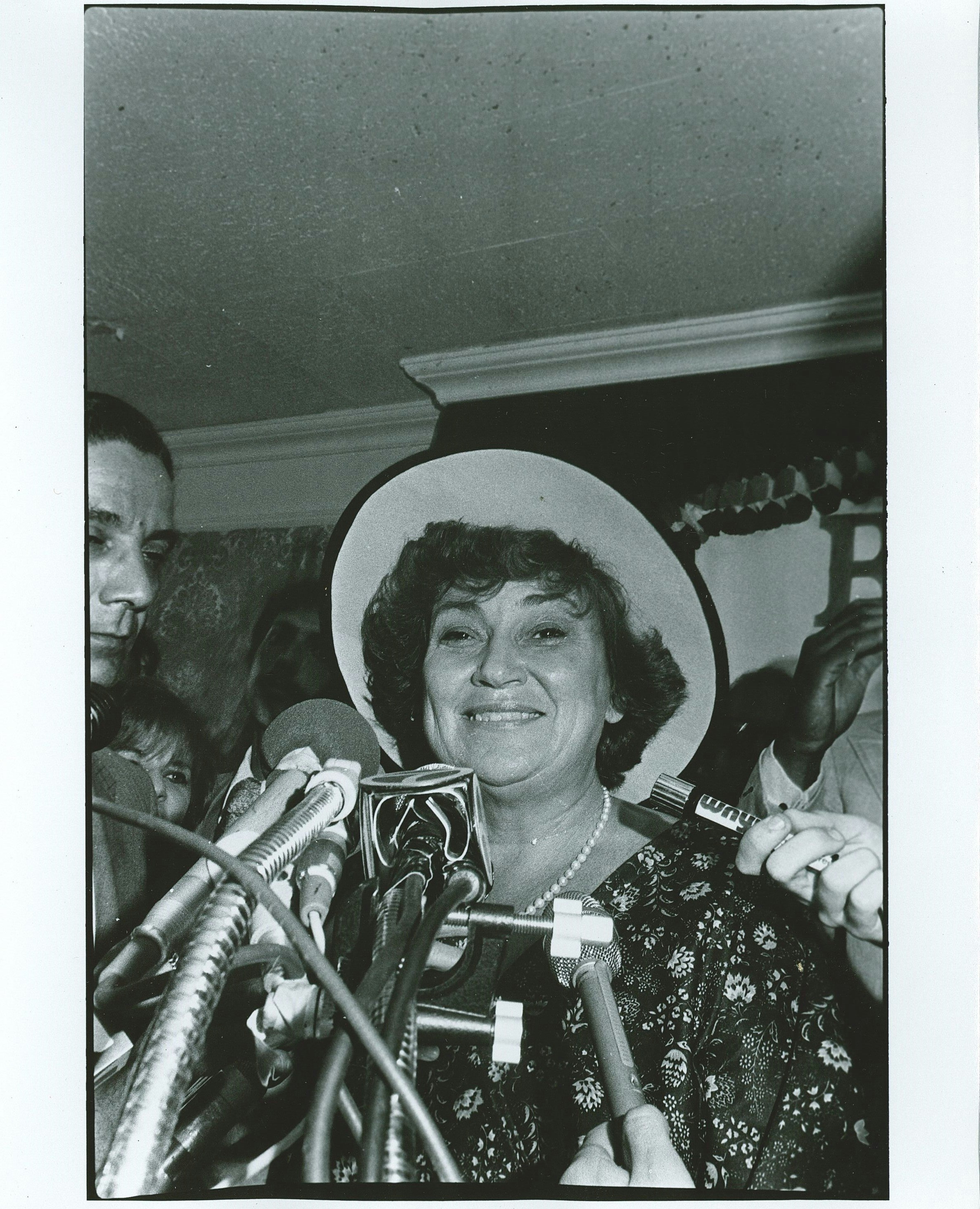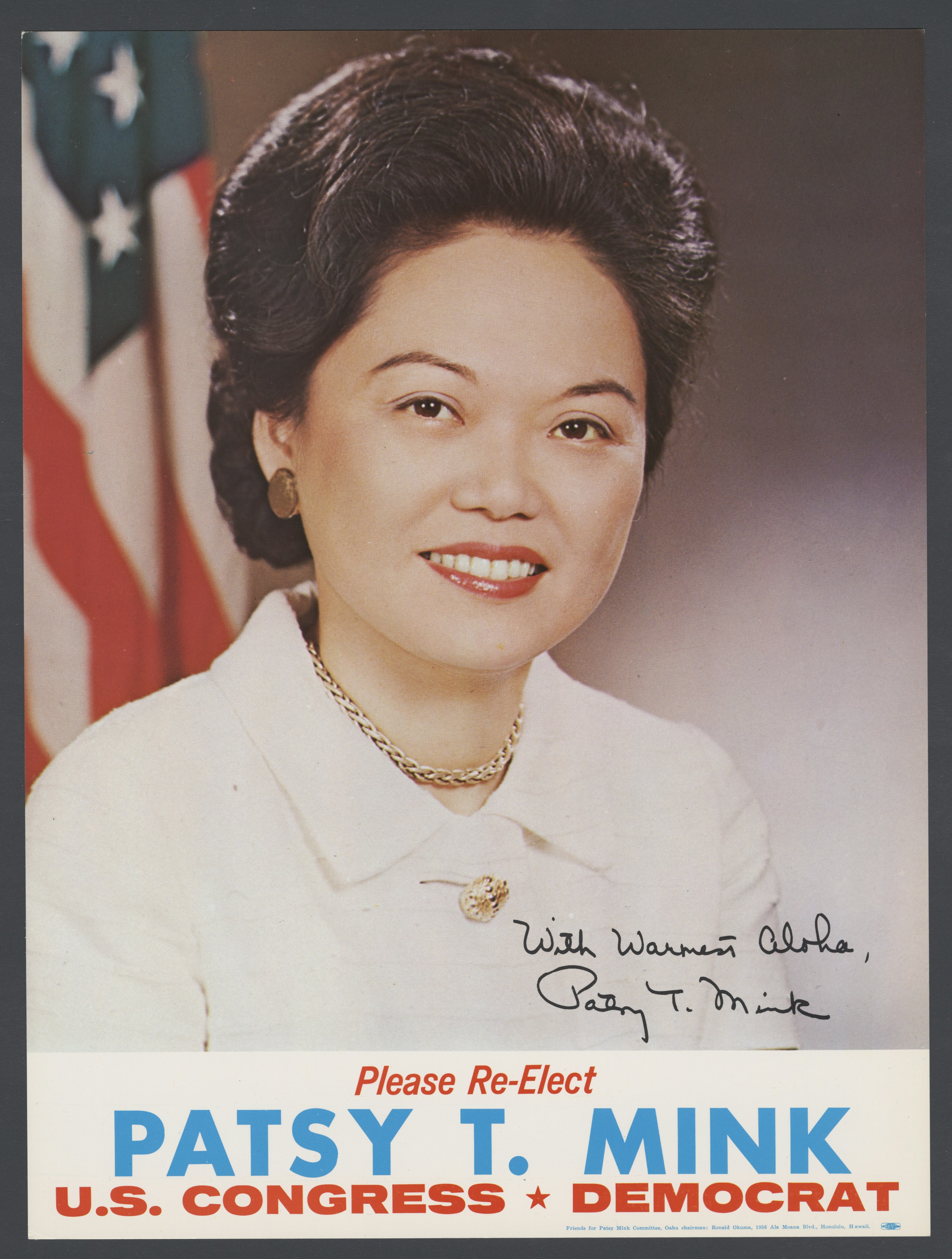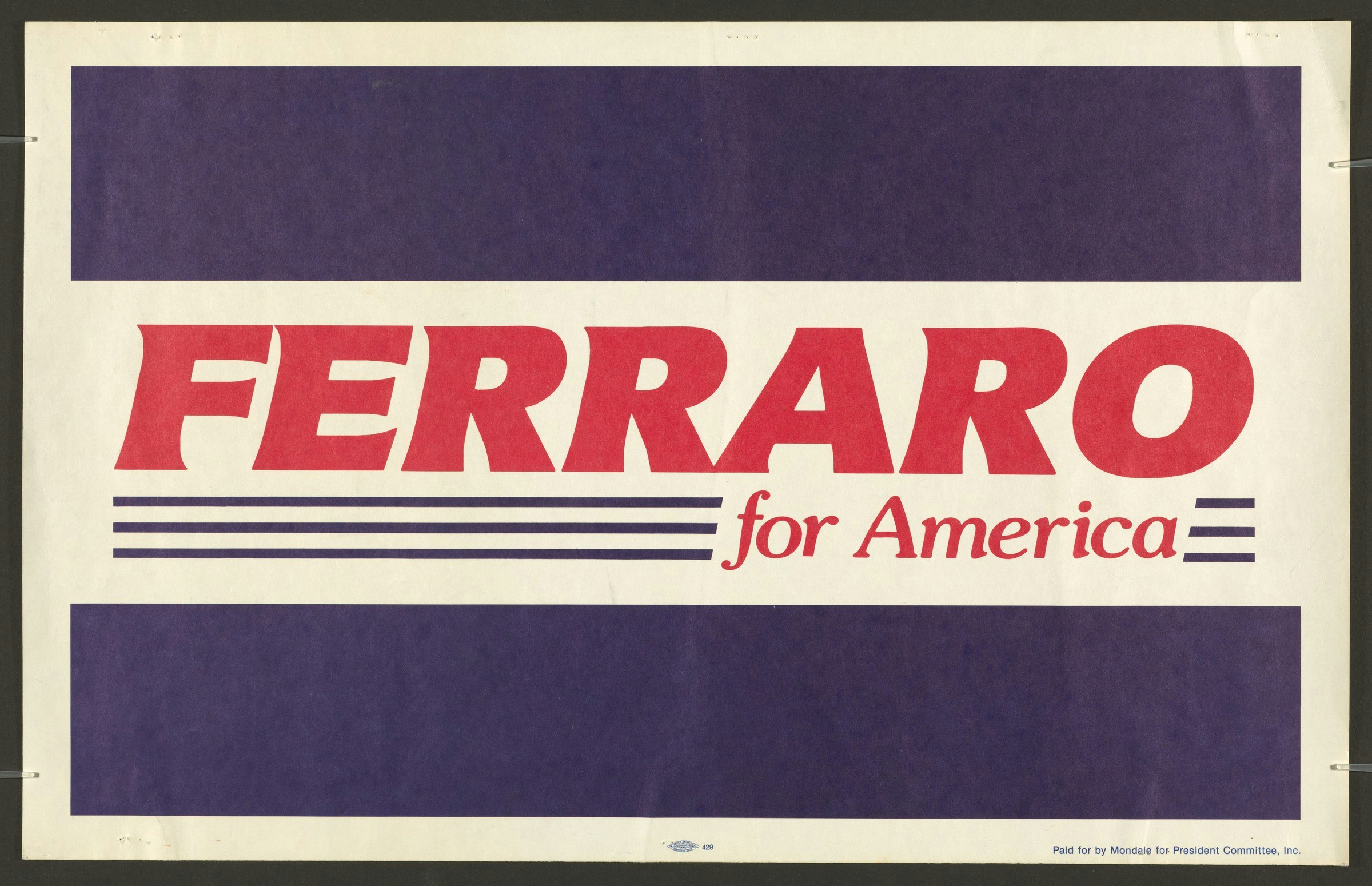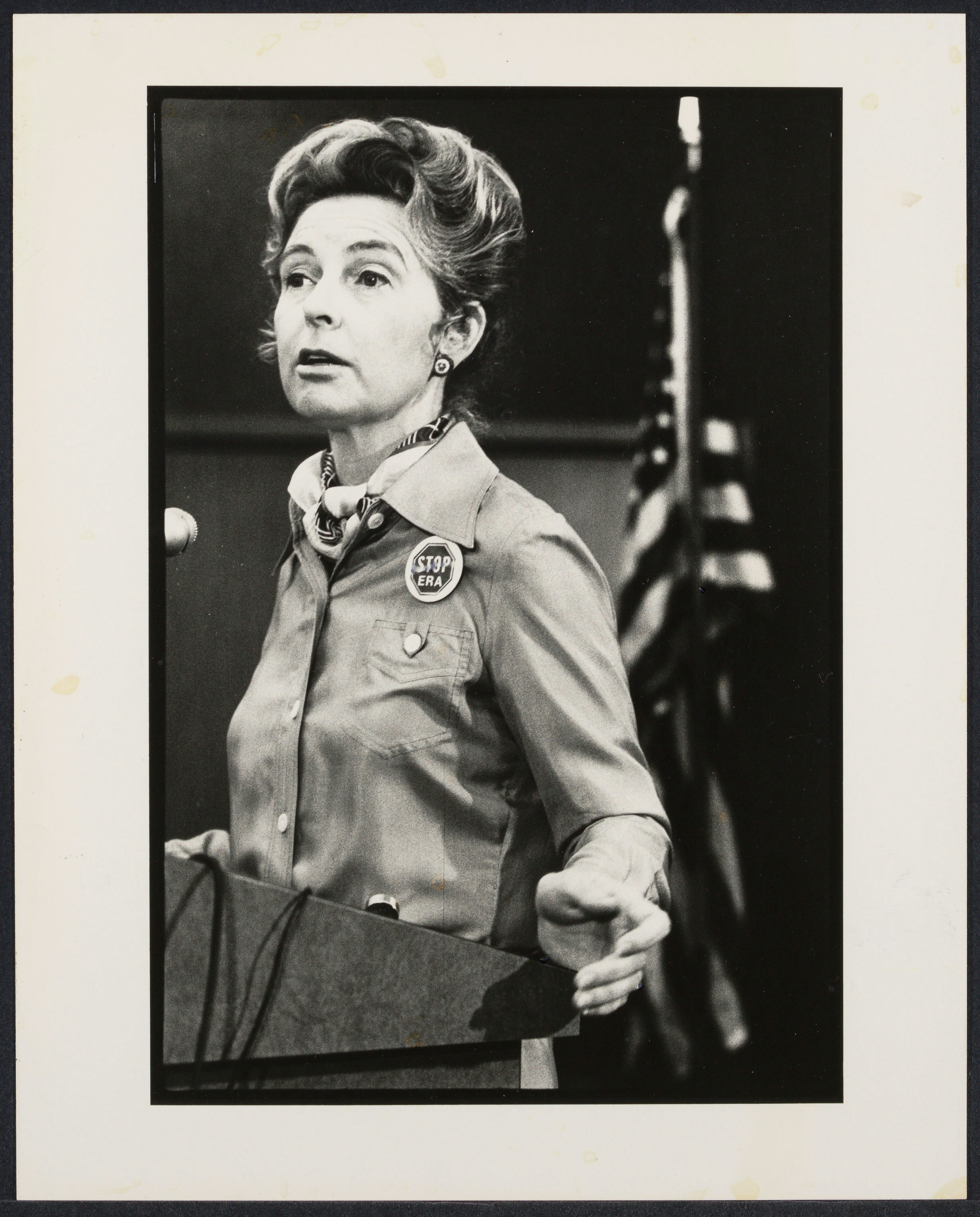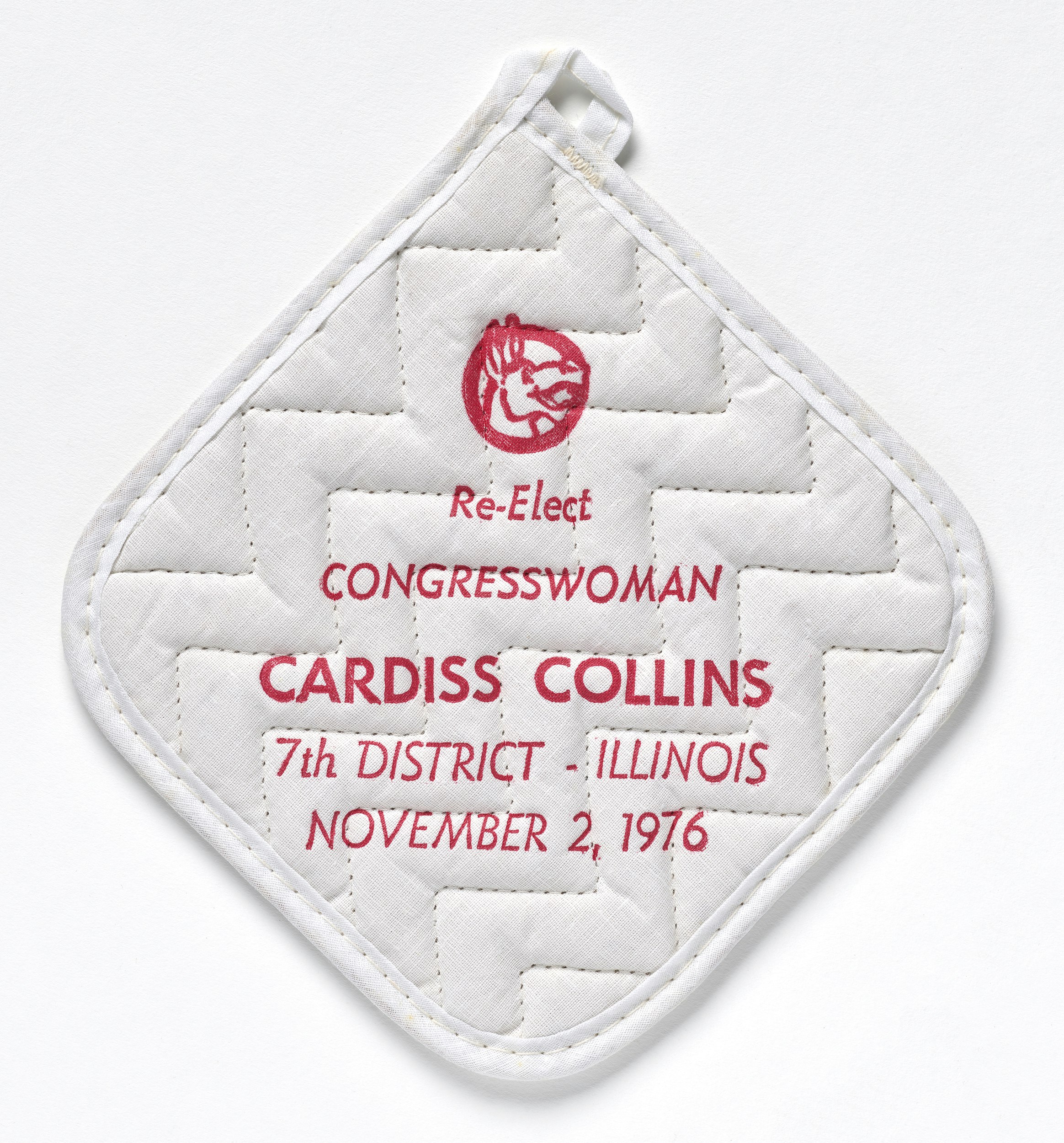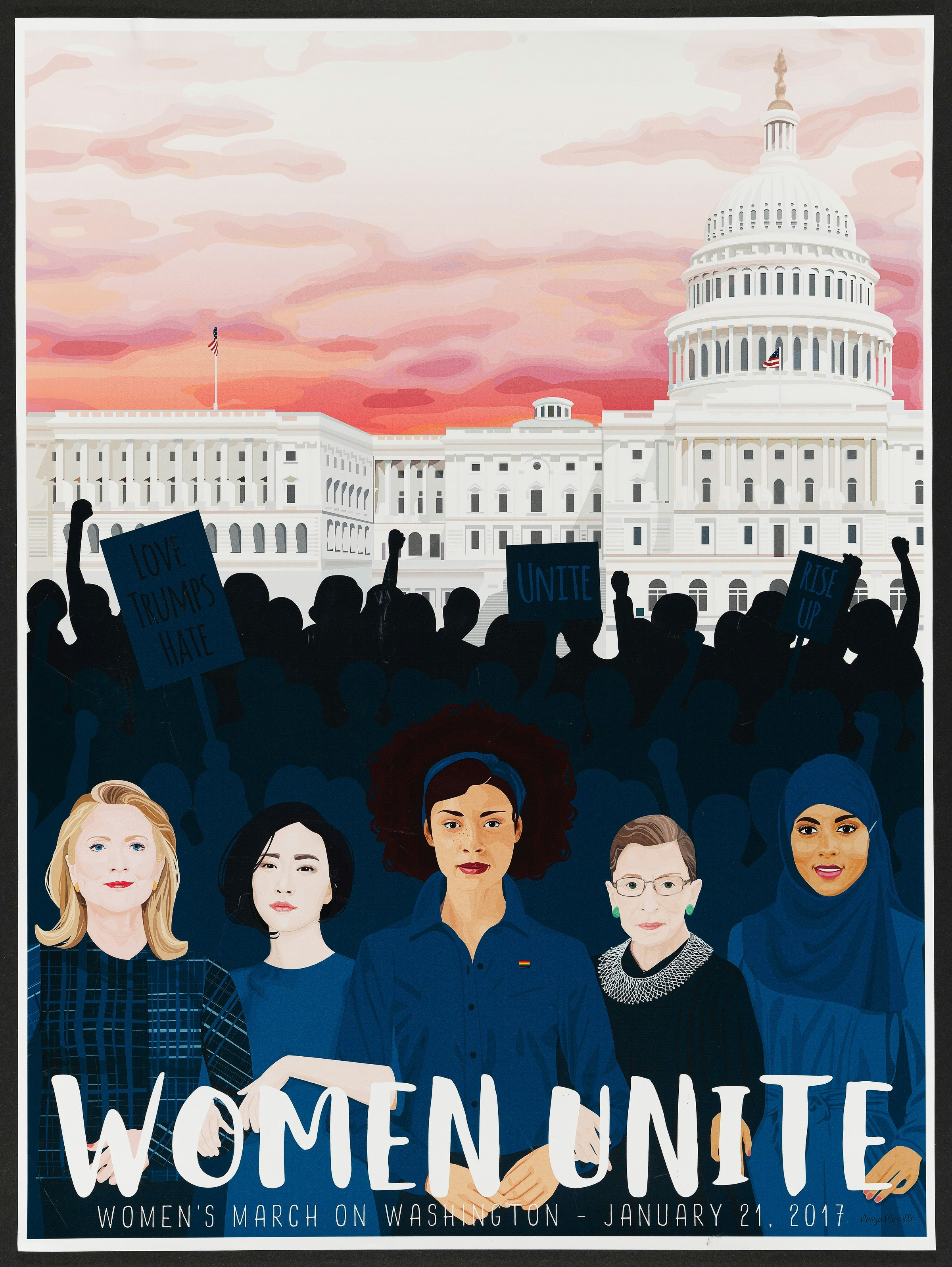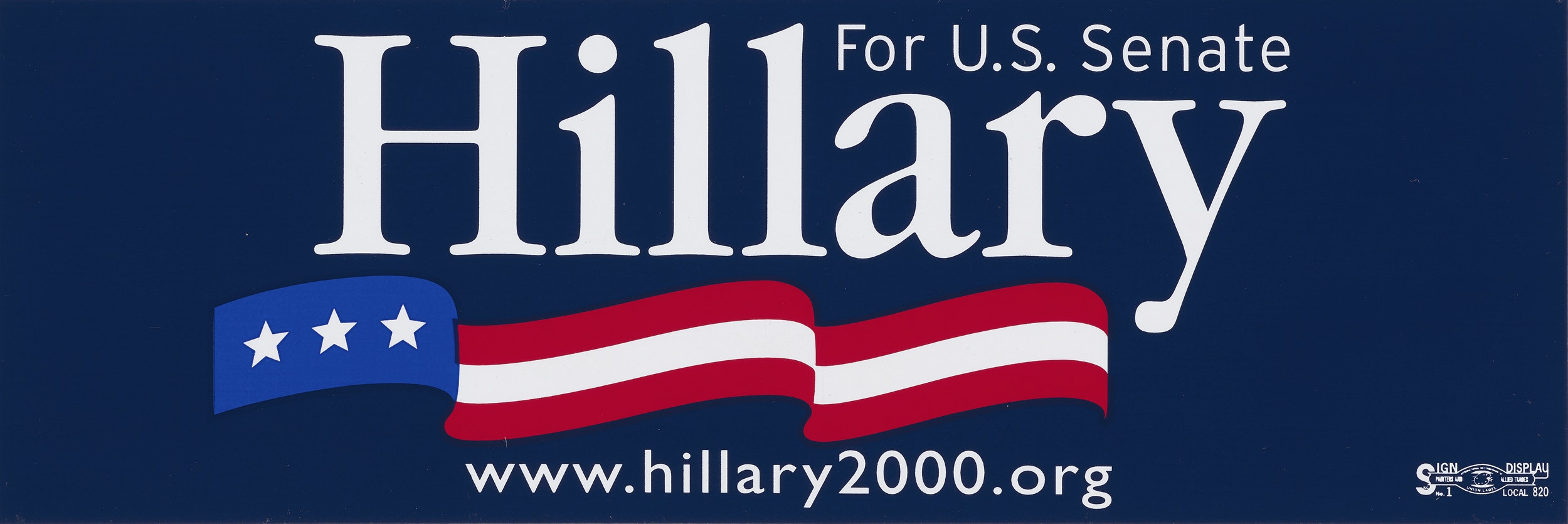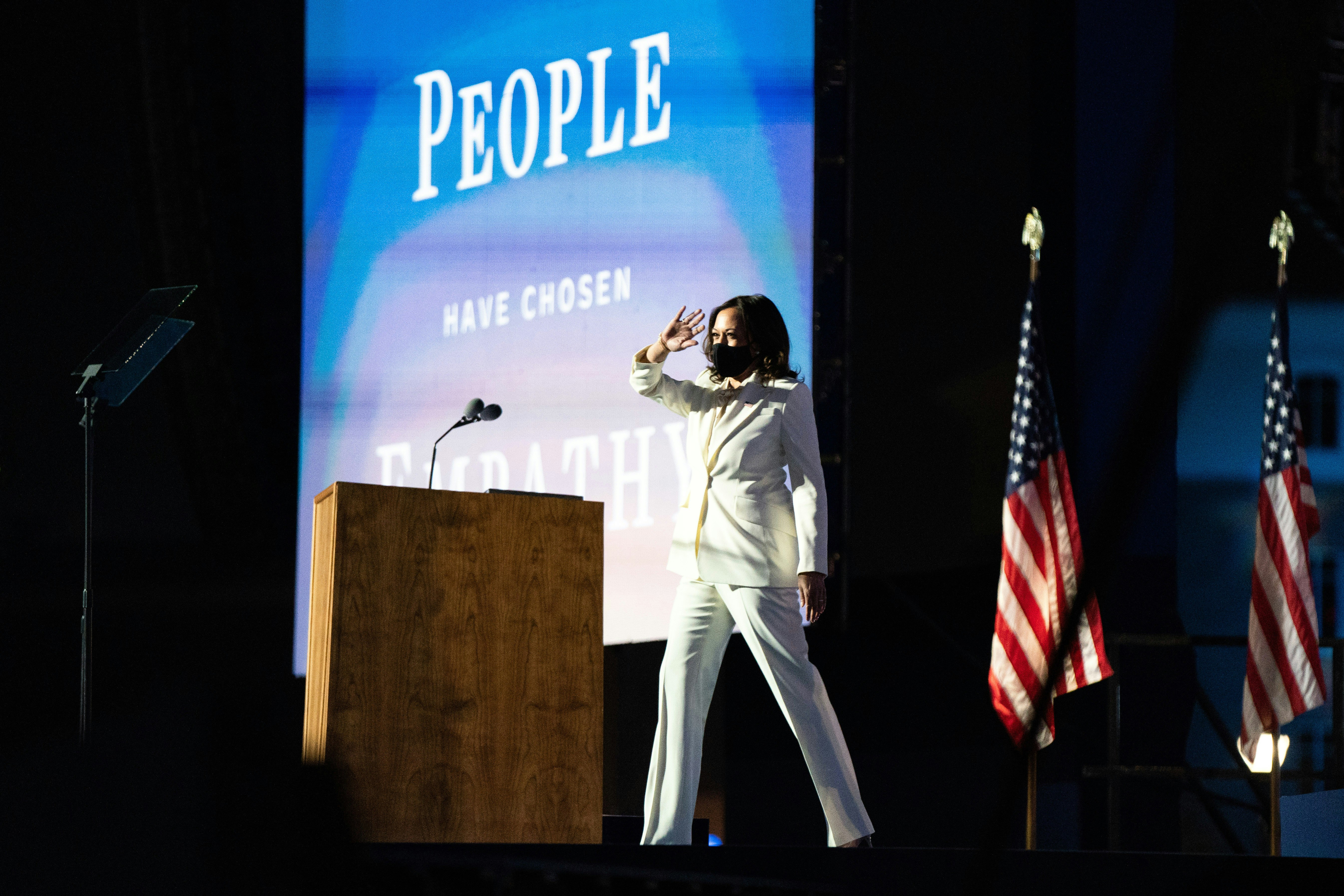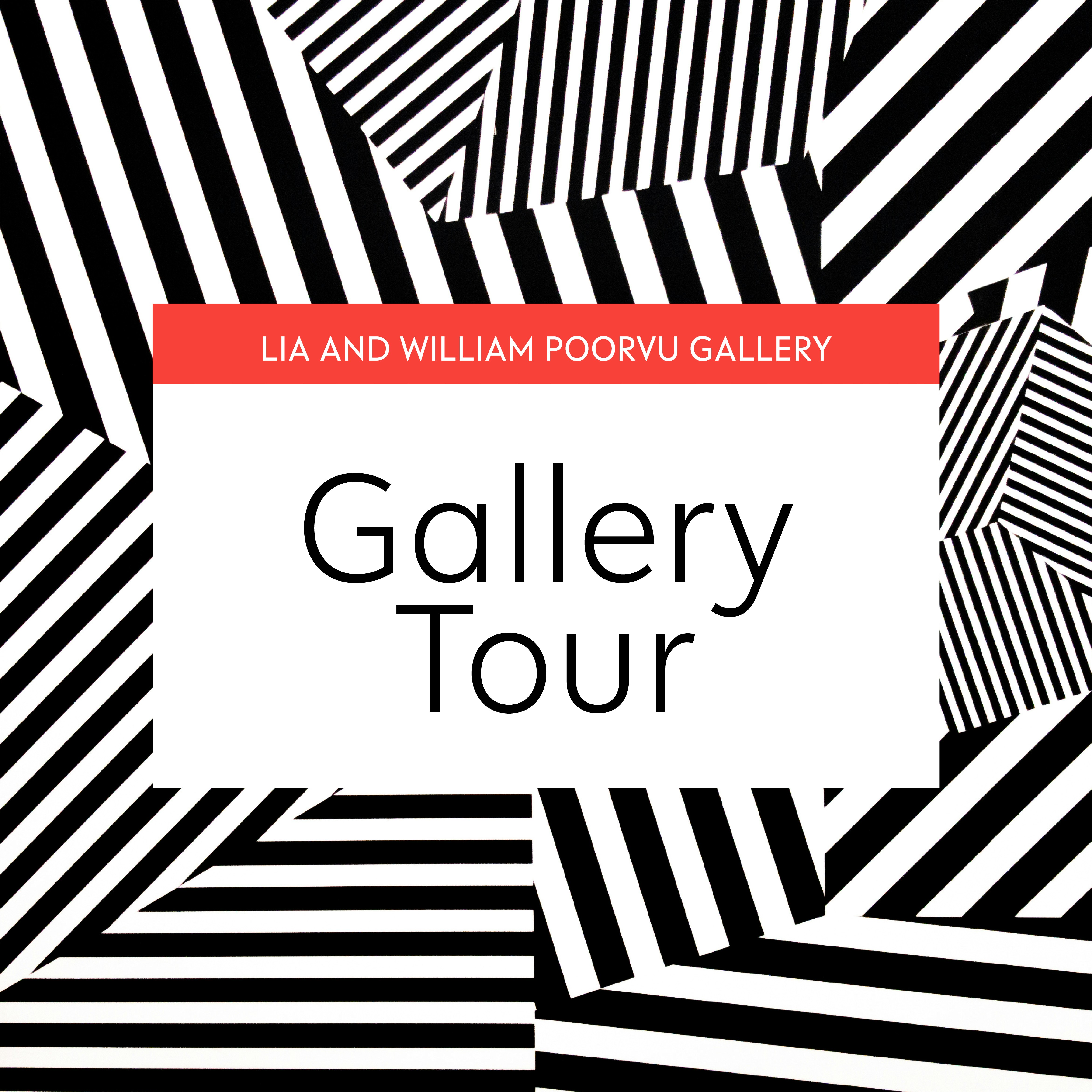Elect/Ability: Pride, Prejudice, and the Female Candidate
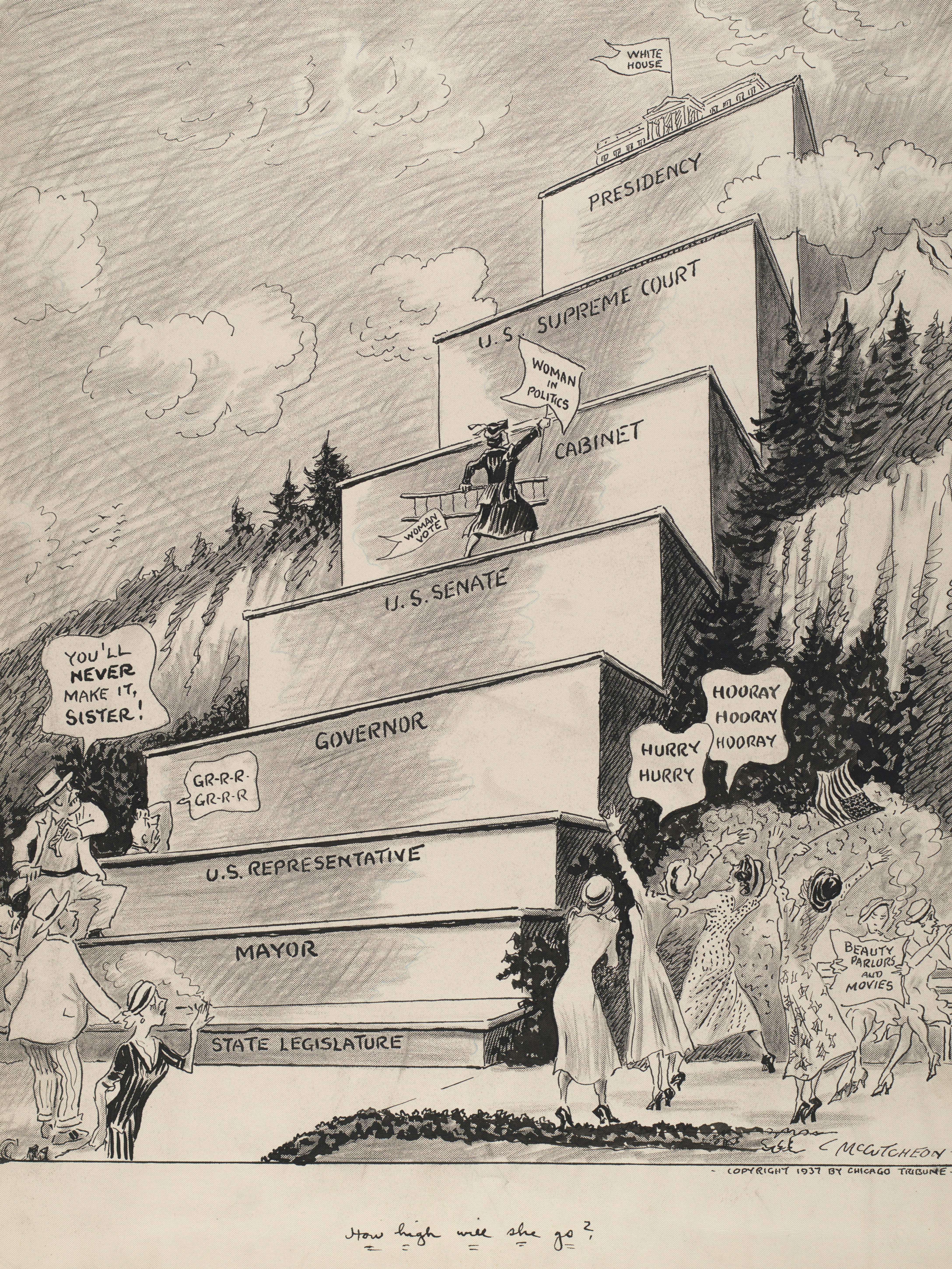
Today’s American political landscape showcases numerous strong female candidates, the culmination of a proud but contested history of women running for political office that began before the passage in 1920 of the 19th Amendment, enfranchising women. Yet women candidates continue to face high hurdles in politics and public life. Why has it been so hard for women to get elected? Why has progress been so slow? One clue may be found in the wording of a Gallup Poll from 1937: “Would you vote for a woman for president if she was qualified in every other respect?” Such a candidate’s gender, the poll implies, was an obvious liability.
Now, as in the 1930s, there is no typical female candidate. The American woman candidate might be progressive or conservative, young or old. She represents a diversity of communities, including Black, Indigenous, and people of color from all ethnicities. She seeks election on the local, state, and national level, in every region of the country, within the dominant party system and also outside it. Yet female candidates share one thing in common: they continue to struggle with prejudice and sexism in the press, on the campaign trail, and once in office. Nevertheless, they persist.
Elect/Ability: Pride, Prejudice, and the Female Candidate will open with a conversation between historian Susan Ware, curator of the exhibition, and Sumbul Siddiqui, mayor of Cambridge, Massachusetts. Visit the opening event page to register.
The Radcliffe Institute for Advanced Study gratefully acknowledges the Helen Blumen and Jan Acton Fund for Schlesinger Library Exhibitions, which is supporting this exhibition.
Exhibition organized by Susan Ware, Honorary Women's Suffrage Centennial Historian
Schlesinger Library Committee Members
- Rachel Greenhaus, library assistant for published material
- Mark Vassar, lead archivist
With research support from Patricia Liu ’21
View the full digital exhibition on the Long 19th Amendment Portal.
